When working with vehicle electrical connectors, the first step is to identify them. Understanding the connector's design, size, and number of pins is important. Manufacturers frequently employ particular color codes or marks to distinguish connectors. Consulting car manuals or wiring diagrams helps with precise identification and ensures that the correct connectors are used in repairs or modifications.
Over time, automotive electrical connectors may acquire dirt, grease, or rust, resulting in weakened electrical connections. Cleaning car electrical connectors is critical for ensuring stable electrical connections in a vehicle's electrical system. Dirty or corroded connectors can cause poor electrical conductivity, resulting in electrical malfunctions, intermittent problems, or total failure of electrical components. Here's a good method for cleaning automotive electrical connectors: Before doing any work on the vehicle's electrical system, turn off the engine and remove the key from the ignition to avoid electrical shocks or short circuits. Start by finding the electrical connectors that require cleaning. These connectors are commonly found throughout the car, connecting electrical components like sensors, switches, relays, and wiring harnesses.
Disconnect the vehicle's battery to avoid the risk of electrical shock and protect sensitive electronic components while cleaning. Before cleaning, carefully examine the connectors for any signs of damage, rust, or loose pins. Replace any damaged connectors or wiring harnesses as necessary. To clean the connectors, use a soft-bristled brush or a can of compressed air. Be gentle so as not to damage the connectors or wiring. Spray a large amount of electrical contact cleaner on the connections to dissolve and remove any tenacious impurities like grease, oil, or rust. Ensure that the cleaner is for vehicle electrical components and is safe to use on plastics and metals. To prevent rust, ensure that the connectors are totally dry before reconnecting. Once the connectors have been cleaned and dried, firmly rejoin them and rebuild any removed components. Reconnect the vehicle's battery and test the affected electrical components to ensure they work properly.
When connectors become broken or rusted beyond cleaning, knowing how to repair them becomes vital. To avoid electrical shocks or short circuits, always turn off the vehicle's engine and remove the key from the ignition before working on it. To remove the risk of electric shock, disconnect the vehicle's battery. Find which electrical connector needs to be replaced. Before replacing the connector, check for evidence of damage, corrosion, or loose pins. Get a replacement connector that has the same requirements as the original connector. If required, remove any protective coverings or packaging from the replacement connector. Carefully unplug the old connector from the electrical component or wiring harness. Depending on the connector, a small flathead screwdriver or a connector release tool may be needed to unlock and detach it from the matching connector. Connect the replacement connection to the wire harness or electrical component.
Ensure that the wires are properly aligned with the connector's terminals. Once the replacement connector is correctly linked, use any retaining clips, bolts, or fasteners that were removed during the disassembly. Before reinstalling anything, test the new connector to confirm it works properly. If the replacement connector works properly, replace any components that were removed during the replacement procedure. Double-check all connections to verify there are no loose wires or components. Automotive electrical connectors are divided into many categories based on their function. Understanding the many types of automobile electrical connectors is critical to efficient maintenance and repair. Some examples are blade connections, ring terminals, spade connectors, bullet connectors, pin connectors, socket connectors, weather pack connectors, quick detach connectors, junction blocks, and heat shrink connectors. Current requirements, space constraints, and environmental conditions all influence the type of connector used.
Automotive electrical connector kits are essential for DIY or professional mechanics working on vehicles. These comprehensive kits usually include connectors, terminals, and tools for a variety of electrical operations. Investing in a quality kit guarantees that a variety of solutions are readily available, which streamlines the repair and modification process. Moisture and other factors are unavoidable in the harsh environment of a vehicle.
Waterproof vehicle electrical connectors provide a solution to prevent corrosion and assure reliability in wet circumstances. These connections frequently have seals or gaskets that form a protective barrier, making them appropriate for applications where water exposure is a concern. Among many configurations,
2-pin automotive electrical connectors are some of the simplest but necessary components. These connectors enable the joining of two wires and serve as the foundation for more complex electrical systems. They are used in a variety of automobile applications, including sensors and lighting systems.







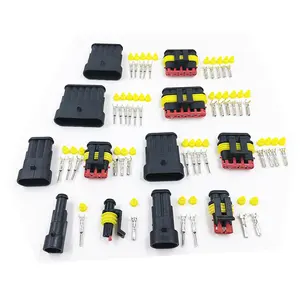



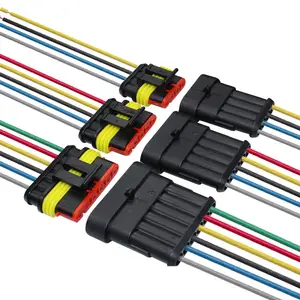






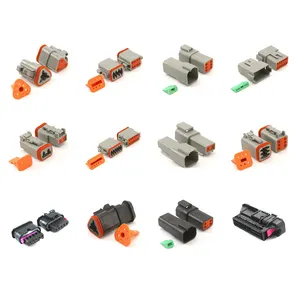
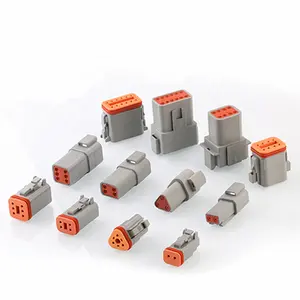



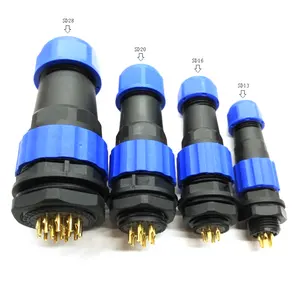

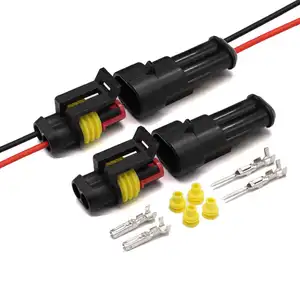
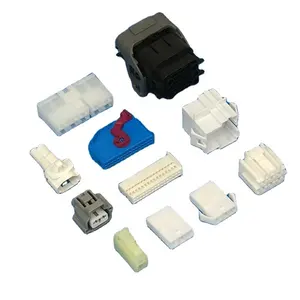


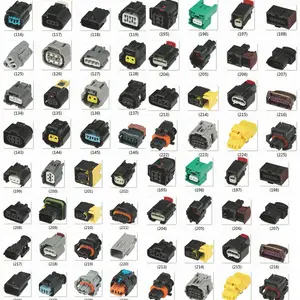

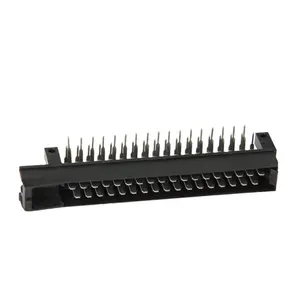
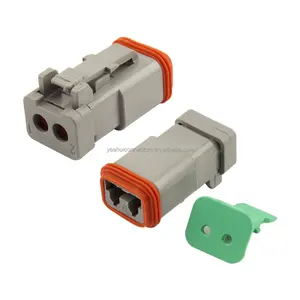
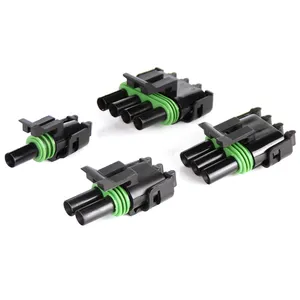
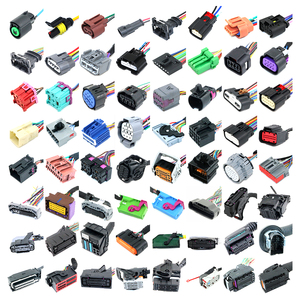




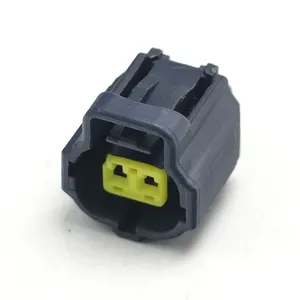



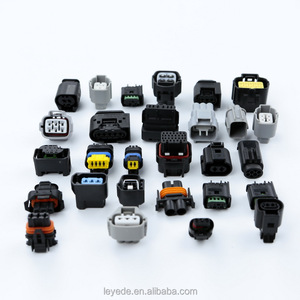





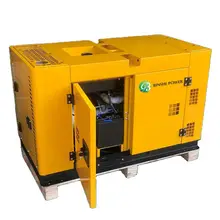


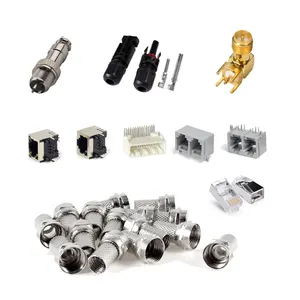




















 浙公网安备 33010002000092号
浙公网安备 33010002000092号 浙B2-20120091-4
浙B2-20120091-4